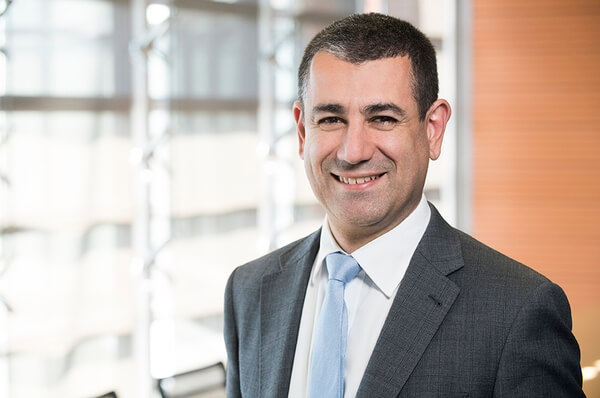
A passive approach is no match for COVID-19. Manny Damianakis shares why strong partnerships are paramount to achieving greater control and transparency of investments.
Financial advice firms across Australia are demanding greater control and transparency with the investments they recommend for their clients. This is particularly apparent when a practice principal makes the decision to leave their existing licensee and establish their own licence. But there are multiple ways to achieve the control and transparency you desire when it comes to investments.
We work with a variety of AFSL holders who consistently question the most suitable way to build out their investment approach for their clients. An inquiring mind is always a good sign that a practice is serious about the best possible solutions for their clients.
Recently we have observed several different methods practices have used to gain greater control and transparency of the investments they recommend for their clients:
1. Take out an MDA licence and build out a licensee managed account offer. This would almost always involve either the recruitment of an internal investment manager and/or external consulting service.
2. Buy an off-the-shelf managed account from their preferred platform. This can present challenges for practices using multiple platforms.
3. Manage each client’s portfolio individually but use the platform and advice software to implement a licensee model portfolio to have a consistent approach across each client.
4. Reduce the number of clients and run each client’s portfolio in a bespoke fashion based on client preferences and risk tolerances.
5. Give up on investment management as a value add and execute most of the investments passively to save on costs and workload to oversee investments.
This is by no means an exhaustive list, but it does represent the bulk of options advice licensees consider when they approach investment recommendations for their clients.
As a fund manager, this choice will also influence the way in which we engage licensees and their advisers.
Portfolio construction in practice
If an advice practice chooses the first option and takes out an MDA license, almost all our time is spent with those employed to manage the portfolios and their consultants. Similarly, if a practice purchases an off-the-shelf managed account from their preferred platform, we have less contact with advisers and licensees. Most of our time as investment specialists is spent with the portfolio managers of the managed account, not the advisers themselves.
Where advisers choose to manage a model portfolio themselves this will clearly give them greater control and transparency of the investment process. However, this does require more effort and diligence on their part. Therefore, they need to form deeper relationships with fund managers to ensure they understand the investment offers they are selecting. By managing client portfolios individually, there is an opportunity for more input between the fund manager and the licensee, enabling advisers to gain direct insights from fund managers as they maintain autonomy in the investment decision making.
It is those advisers who manage individual portfolios tailored to the specific needs of each client that we tend to form the deepest relationships with. We know that they are committed to delivering the right outcomes for their clients and desire a deeper level of understanding of all aspects of the investments they recommend. The challenge for this adviser comes down to how much scale they can achieve under this model. We tend to see advisers in this space focused on a smaller client number per adviser as it is more intensive than operating a centrally managed account. This is the trade-off that must be considered when selecting an appropriate investment structure.
On the other hand, for those practices that choose a completely passive strategy for their clients – there is little value we can contribute. We are committed to maintaining relationships with advisers that value active management and want to deliver exceptional outcomes for their clients, especially during times of uncertainty and market volatility. I cannot accept the theory that now is a good time to implement a completely passive approach. The current dislocation in markets from the COVID-19 pandemic as well as historically low bond yields means that advising to simply “stay the course” is, in my view, a risky proposition for any advice business.
The decision for any advice licensee will come down to the type of clients they work with, the willingness of the advisers to get involved, and how much time and capital they want to dedicate to the investments they offer their clients.
Strong partnerships between advisers and fund managers is paramount
One myth I would like to dispel is that advisers are not capable of building and managing an investment solution for their clients. Some of the toughest meetings we have are with advice principals who are knowledgeable, engaged, and eager to understand the more technical aspects of investment strategies. They ask the hard questions. These advisers make it their business to know the most important details about the investments they are recommending to their clients. They are also very open to input from research and consulting firms to assist them in this process.
We look forward to working with more practices that take this active approach to advice and a keen interest in the investment management process. Strong partnerships between fund managers and advisers is paramount to achieving greater control and transparency of investments.
The benefits for advice practices are clear: an actively engaged adviser means an actively engaged client.
Manuel Damianakis, head of retail, Franklin Templeton
Never miss the stories that impact the industry.